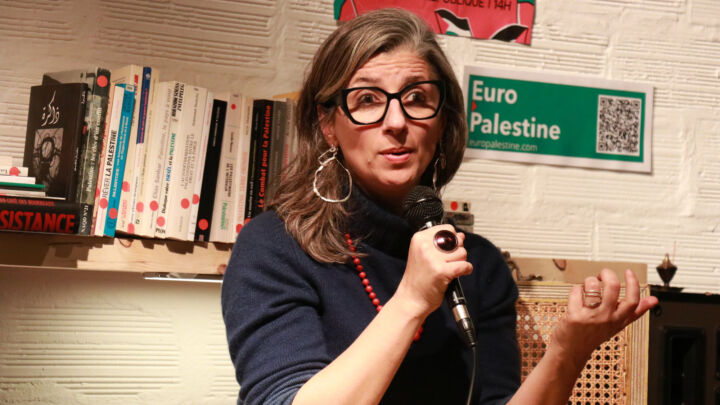It’s time to scrap Ofsted

Want unlimited, ad-free access? Become a spiked supporter.
Ofsted, the UK schools inspectorate body, has won few prizes for popularity in the 22 years it’s been around. The reputation and continued existence of a school, as well as the career prospects of individual teachers, depend upon securing that all-important ‘good’ or, even better, ‘outstanding’ rating. Although the stakes are high, such pressure might be thought worthwhile if education improved as a result. A report out last week, written by teacher and researcher Robert Peal, suggests the opposite is the case: the pervasive influence of Ofsted is actually detrimental to children’s learning.
In Playing the Game: The Enduring Influence of the Preferred Ofsted Teaching Style Peal describes how one particular child-centred teaching style has come to dominate education. In order to please inspectors, teachers have to pay homage to Ofsted orthodoxy, requiring them to perform ‘jazzy’ lessons filled with group work and roleplay where children are seen to be busily engaged in independent learning activities. Teachers who direct lessons, talk to the whole class for more than five minutes at a stretch, expect children to spend time silently listening, reading or writing, bear the brunt of criticism.
As Peal suggests, this deprofessionalises teachers; their subject knowledge is considered less relevant than a few approved pedagogical tips and tricks. Worse, the dominance of the Ofsted-sanctioned teaching style enforces an approach to education many teachers know to be less effective at bringing about learning. Indeed, as Peal shows, for many Ofsted inspectors evidence of children having learnt something new about a subject is not a requirement of a ‘good’ lesson. Instead, inspectors single out a seemingly ‘arbitrary selection’ of features as indicators of good practice, such as a focus on ‘spiritual, moral and cultural development’, relevance to the life experiences of pupils, and teaching to the test.
Ironically, as Peal notes, Ofsted was established by then Conservative education secretary Kenneth Clarke in order to ‘waylay the education establishment’s preference for child-centred teaching methods’. However, since Christine Gilbert was made Ofsted’s chief inspector of schools in 2006, it has become the ‘most powerful vehicle for promoting such ideas’. In recent years, Michael Gove’s attempts to challenge the tyranny of child-centredness saw Gilbert controversially replaced by Sir Michael Wilshaw.
Despite making frequent public denials of the existence of a preferred Ofsted teaching-style, Wilshaw issued new guidance at the end of 2013 specifically requiring inspectors not to criticise lessons that ‘do not conform to a particular view of how children should be taught’. This is to be welcomed. Unfortunately, as Peal illustrates superbly, Wilshaw’s recommendations have been reduced to a list of banned phrases and redrafted reports. While Ofsted’s rhetoric may have changed, too often its meaning remains the same. The industry that has been created around replicating a child-centred, Ofsted-approved teaching style will take more to crack than the issuing of a few directives.
Playing the Game is a badly needed report and one that deserves to be widely read. Peal details a weight of evidence to make a persuasive case that Ofsted should no longer have the power to grade the quality of teaching. I’d go further: the only way to lessen the pernicious influence of Ofsted is to abolish it completely.
You can download the full report here.
Joanna Williams is education editor at spiked. She is also a lecturer in higher education at the University of Kent and the author of Consuming Higher Education: Why Learning Can’t Be Bought. (Buy this book from Amazon(UK).)
You’ve hit your monthly free article limit.
Support spiked and get unlimited access.
Support spiked and get unlimited access
spiked is funded by readers like you. Only 0.1% of regular readers currently support us. If just 1% did, we could grow our team and step up the fight for free speech and democracy.
Become a spiked supporter and enjoy unlimited, ad-free access, bonus content and exclusive events – while helping to keep independent journalism alive.
Monthly support makes the biggest difference. Thank you.










Comments
Want to join the conversation?
Only spiked supporters and patrons, who donate regularly to us, can comment on our articles.